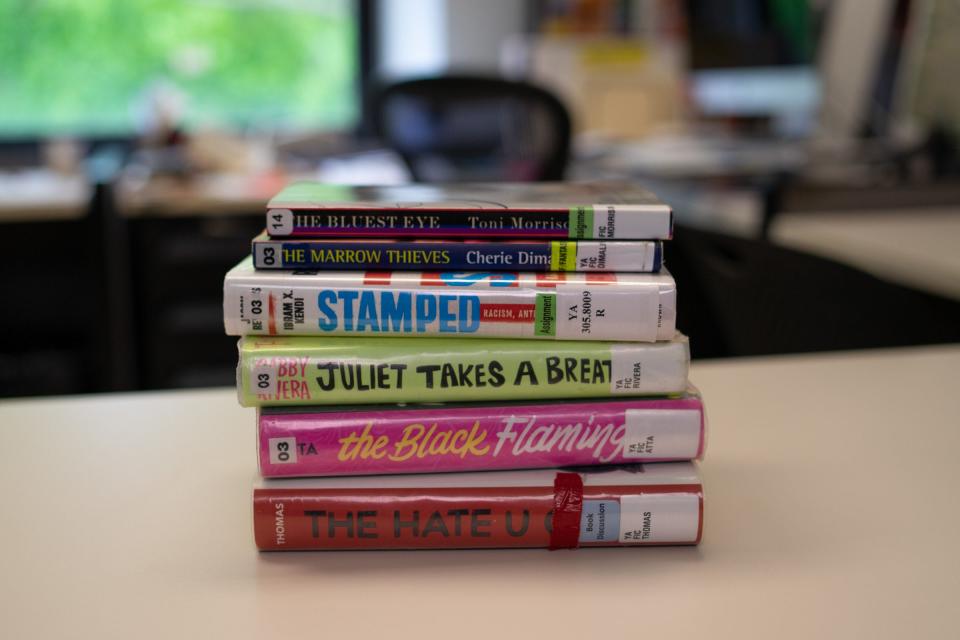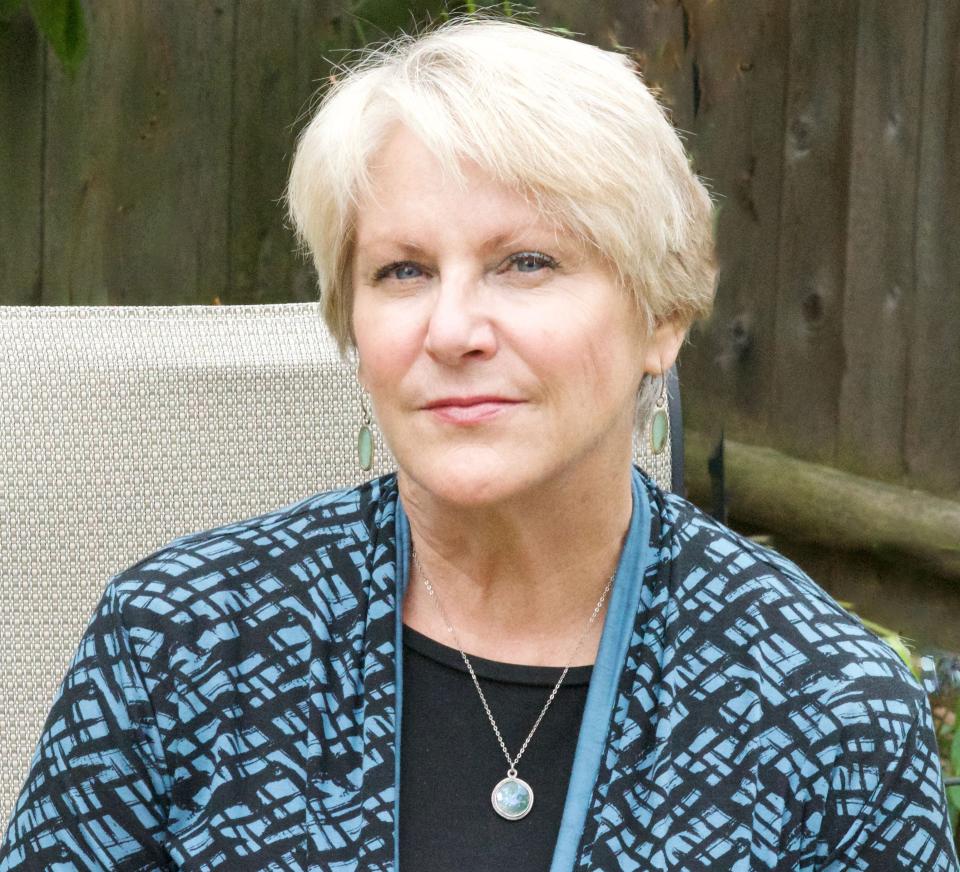You can't tell the truth about the Holocaust in Poland. Could that happen in the US?
In the name of protecting young minds, book bans have swept an unprecedented number of titles off shelves in U.S. schools and spurred legislation in multiple states to bar teaching anything that could cause a student to feel “guilt, anguish or other forms of psychological distress for actions … committed in the past.”
On the other end of the political spectrum, a national survey of roughly 1,500 faculty members at four-year colleges and universities found that 72% of conservative faculty said they fear being fired if someone misunderstands their words.
These actions raise the questions: Who gets to define objectionable content, and where is this all heading? Will it result in a single permissible curriculum or a mandated version of U.S. history that librarians, teachers and professors must adhere to or risk discipline or dismissal? Will the chilling effect on publishers over the long term curtail circulation and reprints of banned books?

It's against the law to tell the truth about the Holocaust in Poland
Cautionary examples loom in other countries, especially Poland where it is now against the law for its citizens to speak the truth about Poles’ complicity in the Holocaust.
In the 1980s, the trade union Solidarity and the Catholic Church brought down Soviet communism, and Poland developed a bustling market economy and built pillars of democracy allowing free expression. Poles were finally able to take a fresh look at their own history after decades of communist-controlled textbooks and monuments that described everyone killed in World War II as victims of fascism, denying the Holocaust.
Generations grew up not knowing that Jews had ever lived in their communities or that German Nazis had targeted them for systematic, industrial genocide, along with other minorities.
During that quarter-century of openness, journalists and academics accessed archives of records and testimony, producing a significant body of research that suggests that while thousands of Poles risked their lives to help Jews, thousands also participated in the Holocaust. These findings have been very difficult if not impossible for many Poles to accept.
In 2015, the right-wing Law and Justice Party came to power, channeling desires for national pride and heroes. Three years later, the government implemented a law steeped in grievance over how Poland’s World War II history is described. The 2018 memory law forbids any expression describing complicity by Poland in the Holocaust.
That same year a massive study of such incidents was published in Poland, edited by Polish Canadian professor Jan Grabowski and Polish academic Barbara Engelking. The two volume, 1,640-page study detailed many wartime incidents of Polish Jews who died as a result of their countrymen betraying them to the Nazis or of Poles committing the murders themselves.

A government-backed organization sued the editors for libel, and a judge in Warsaw ruled against them in 2021. In a 37-page verdict, Judge Ewa Jonczyk said there was no issue with the truth of the passage of the book regarding whether a long dead mayor of a small town had taken actions that resulted in the deaths of Jews in hiding.
But she ruled that the editors nonetheless violated the right to a positive identity held by the niece of the late mayor, which put the right to national pride on a par with other basic legal rights.
What was written “can be construed as hurtful and striking at the feeling of identity and of national pride.” She went on to say that such accusations risk striking “against the feeling of national belonging and provokes a feeling of harm.”
An appeals court overruled the verdict by the Warsaw judge, but history remains a political battlefield. The government is now cutting funding for historians’ research it disagrees with. Classroom teachers worry about running afoul of the government’s allowed narrative of World War II history.
Governments use 'memory laws' to control how history is discussed
Memory laws, government actions that assert a mandatory view of historical events, are nothing new. West Germany criminalized Holocaust denial in the mid-1980s. Turkey made it a crime to insult "Turkishness" in 2005.
Frequently, such laws are used by totalitarian regimes such as Russia for self-purposes.
It's adults who are fragile: Students can handle exposure to different world views in school
The United States does not seem removed from the politicization of memory. The final report released in 2021 of the President’s Advisory 1776 Commission called for a “patriotic education” and supported Donald Trump’s call for a new pro-American curriculum.
The report drew sharp criticism from historians. But pitched battles over book bans and acceptable historical narratives taught in schools and universities still rage.

Looking at Europe’s examples should be instructive. The land of the free and the home of the brave should make room for the truth to be told in the classroom and in the town square.
Judy Rakowsky is the author of “Jews in the Garden.”
This article originally appeared on USA TODAY: Can you still say that? Why book bans could signal end of free speech

